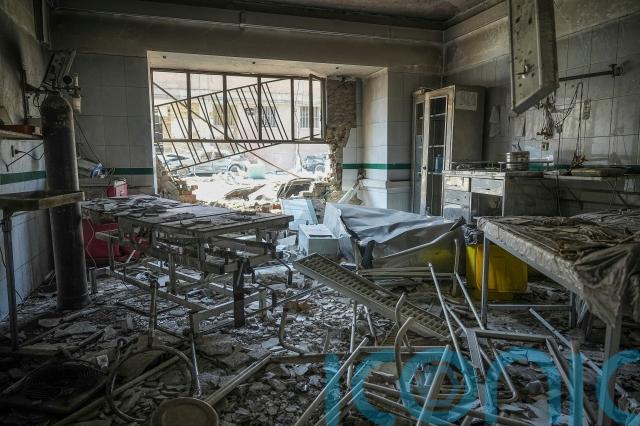
Dozens of staff members, two inmates and a bystander were the casualties of Israel’s attack on Tehran’s Evin prison, a notorious facility where many political prisoners and dissidents have been held, say officials.
The death toll of the strike on Monday was released on Sunday by Iran’s judiciary and confirmed by human rights groups as the one-week mark of the ceasefire between Israel and Iran approaches, despite suspicions from both sides of whether the truce will hold.
Judiciary spokesman Asghar Jahangir posted on the office’s official Mizan news agency website that at least 71 people were killed on Monday, including staff, soldiers, prisoners and members of visiting families.
While officials did not provide a breakdown of the casualty figures, the Washington-based Human Rights Activists in Iran said that at least 35 were staff members and two were inmates.
Others killed included a person walking in the prison vicinity and a woman who went to meet a judge about her imprisoned husband’s case, the organisation said.
The June 23 attack, the day before the ceasefire between Israel and Iran took hold, hit several prison buildings and prompted concerns from rights groups about the safety of the inmates.
It remains unclear why Israel targeted the prison, but it came on a day when the Defence Ministry said it was attacking “regime targets and government repression bodies in the heart of Tehran”.
The news of the prison attack was quickly overshadowed by an Iranian attack on a US base in Qatar later that same day, which caused no casualties, and the announcement of the ceasefire.
On the day of the attack, the New York-based Centre for Human Rights in Iran criticised Israel for striking the prison, seen as a symbol of the Iranian regime’s repression of any opposition, saying it violated the principle of distinction between civilian and military targets.

Over the 12 days before a ceasefire was declared, Israel claimed it killed around 30 Iranian commanders and 11 nuclear scientists, while hitting eight nuclear-related facilities and more than 720 military infrastructure sites.
More than 1,000 people were killed, including at least 417 civilians, according to the Washington-based Human Rights Activists group.
In retaliation, Iran fired more than 550 ballistic missiles at Israel, most of which were intercepted, but those that got through caused damage in many areas and killed 28 people.
Iran had not previously announced any death figures, though on Saturday, it confirmed that top prosecutor Ali Ghanaatkar — whose prosecution of dissidents, including Nobel Peace Prize winner Narges Mohammadi, led to widespread criticism by human rights groups — had been killed in the attack.
He was one of about 60 people for whom a massive public funeral procession was held on Saturday in Tehran, and he was to be buried at a shrine in Qom on Sunday.
Subscribe or register today to discover more from DonegalLive.ie
Buy the e-paper of the Donegal Democrat, Donegal People's Press, Donegal Post and Inish Times here for instant access to Donegal's premier news titles.
Keep up with the latest news from Donegal with our daily newsletter featuring the most important stories of the day delivered to your inbox every evening at 5pm.